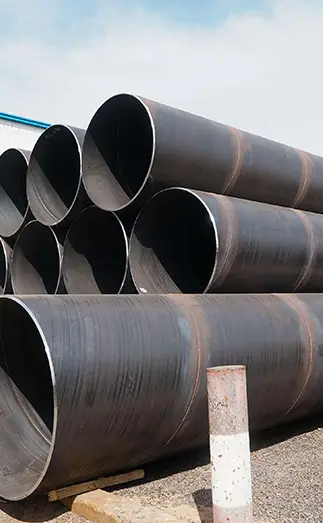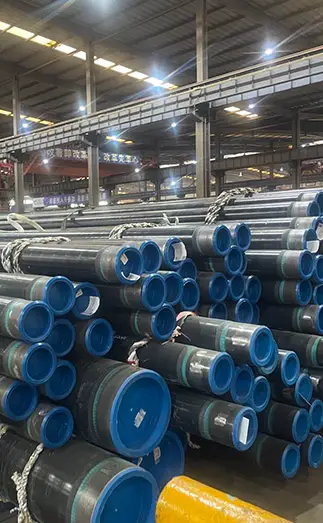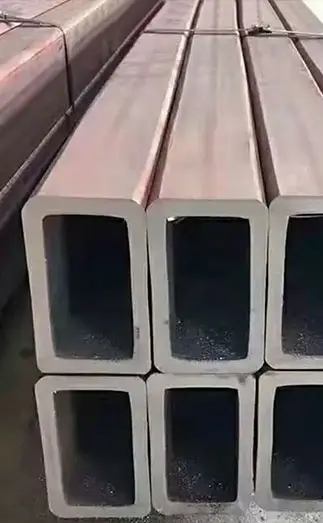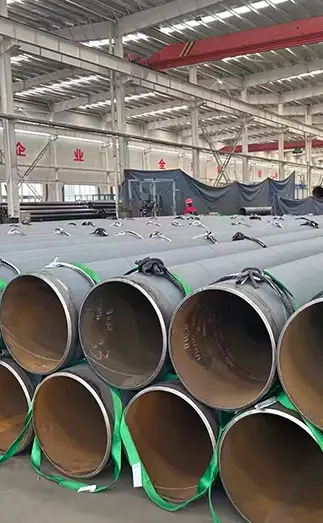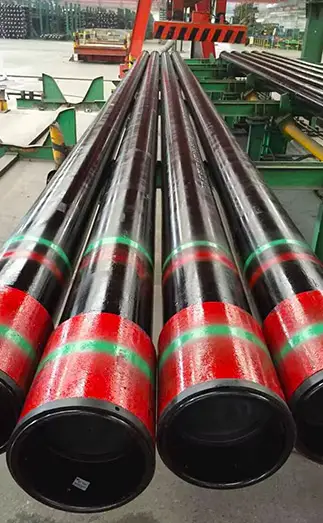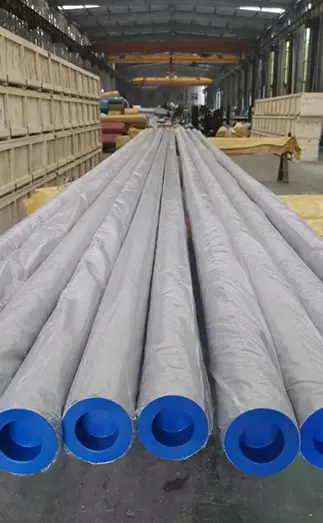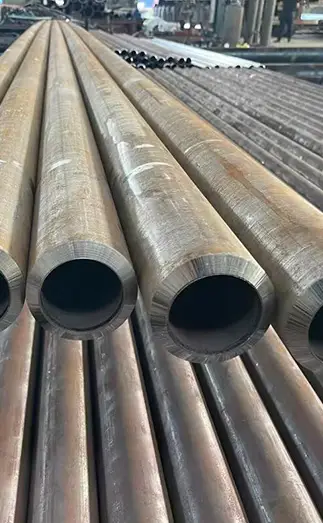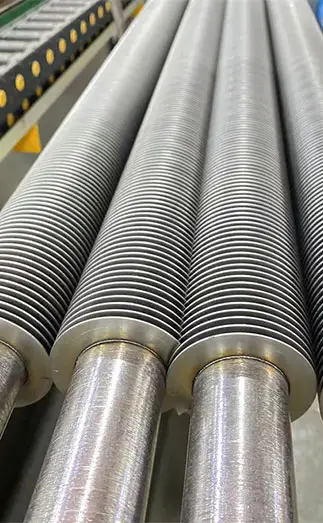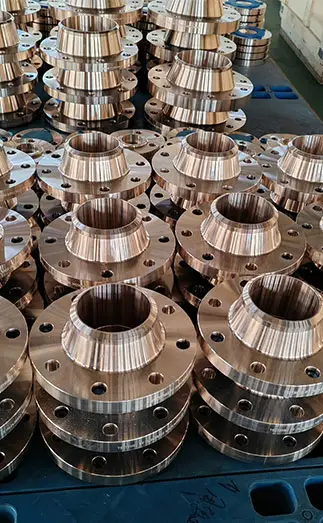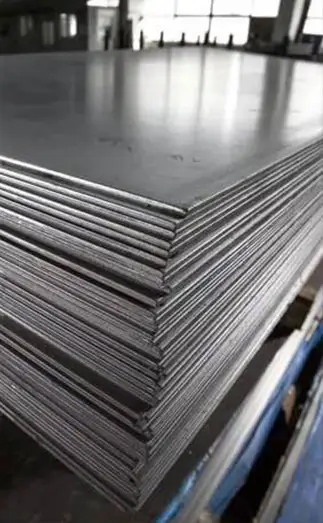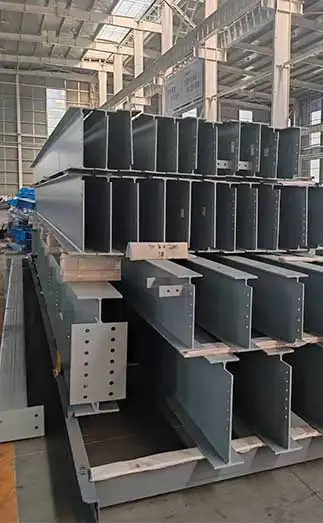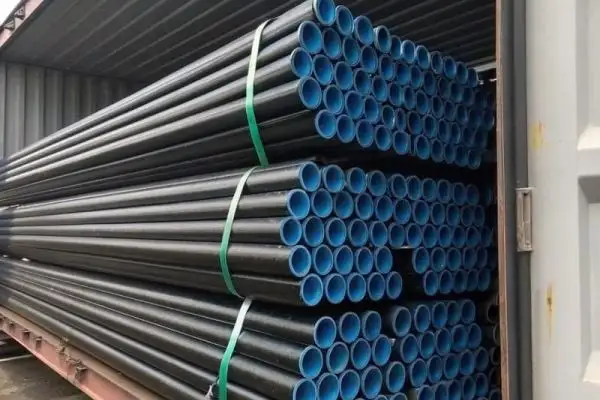Large-diameter epoxy coal tar anti-corrosion steel pipes are coated with a two-component, room-temperature curing epoxy coal tar coating. To enhance durability and corrosion resistance, the outer surface of the pipe is reinforced with layers of fiberglass cloth. This composite coating system forms a strong barrier against environmental factors that cause steel degradation.
These pipes are widely used for the external anti-corrosion protection of buried or submerged pipelines transporting oil, gas, water, and steam. They are also suitable for various structural and industrial applications, including steel frameworks, docks, ships, sluices, gas storage facilities, equipment in oil refineries and chemical plants, as well as sewage treatment tanks, waterproof roof layers, and basement concrete protection.
Super Steel Manufacturing Co.,Ltd is professional seamless carbon steel pipe manufacturer, for more details, please contact:sales@super-steels.com
Reinforced Anti-Corrosion System
In pipeline coating systems, the epoxy coal tar layer is often applied in combination with fiberglass cloth wrapping, forming a reinforced or extra-reinforced anti-corrosion layer. This method significantly enhances mechanical strength, impact resistance, and long-term durability.
The "three-cloth-four-oil" configuration—comprising three layers of fiberglass cloth and four layers of epoxy coal tar—forms a robust composite structure. This multilayer system offers superior performance in terms of:
Electrical insulation
Resistance to water permeability
Protection against microbial corrosion
Stray current resistance
Thermal stability and resistance to extreme temperature fluctuations
Primary Applications and Characteristics of Epoxy Coal Tar Anti-Corrosion Steel Pipes
Main Uses:
Epoxy coal tar anti-corrosion spiral steel pipes are primarily used for:
Surface protection of buried or submerged pipelines for oil and gas transmission
Anti-corrosion of pipelines at gas gathering stations, power plants, and heating networks
Corrosion protection for steel structures in marine environments such as ports and ships
Protection of industrial infrastructure including sluices, chemical plants, refineries, and gas storage tanks
Waterproofing and moisture resistance in reinforced concrete structures such as:
Drainage systems
Wastewater tanks
Waterproof roofing layer
Bathrooms
Underground basements and villa foundations
Key Features:
Excellent Coating Performance
Epoxy coal tar anti-corrosion pipes feature a smooth, dense coating with high hardness and strong adhesion. The system resists salt, alkali, seawater, soil microbes, and root penetration. Combined with fiberglass yarn, the composite layer greatly enhances mechanical and protective properties.
Simple Application Process
The coating is applied at room temperature and cures naturally, allowing for convenient manual or mechanical application. This makes it especially suitable for on-site construction and maintenance.
Conclusion
Epoxy coal tar anti-corrosion spiral steel pipes offer a reliable and high-performance solution for protecting steel pipelines and structures exposed to harsh environments. Their combination of durability, corrosion resistance, and application flexibility makes them ideal for use across a wide range of industries, including oil and gas, marine engineering, construction, and infrastructure.



 English
English Español
Español Français
Français بالعربية
بالعربية